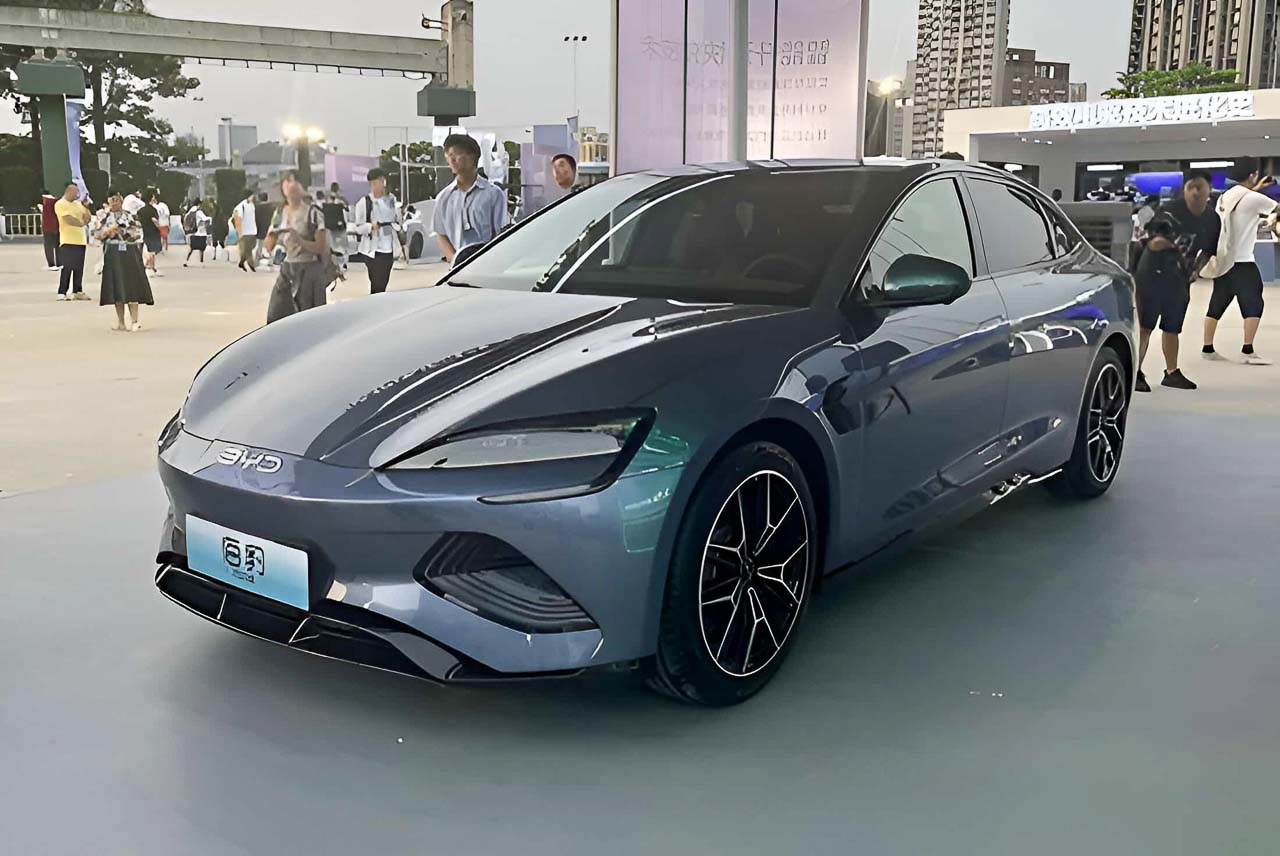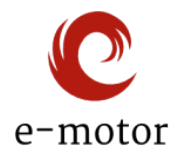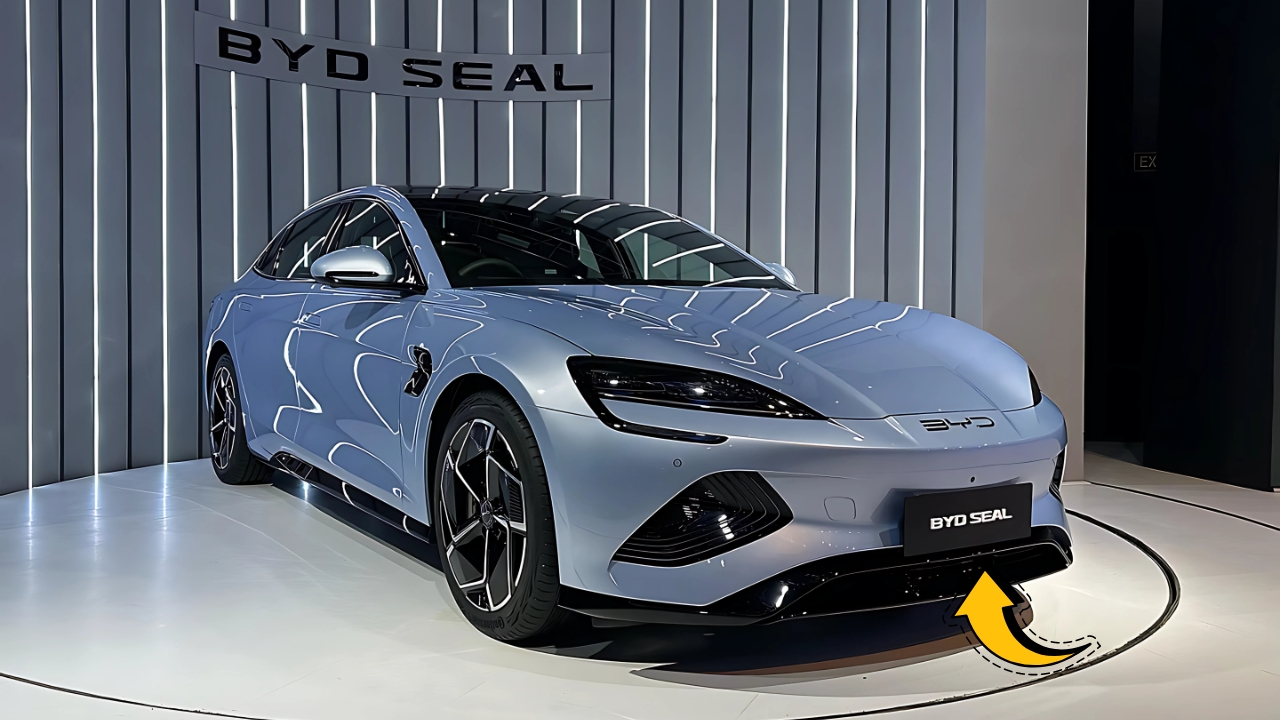BYD Seal 7kW AC Charging: The BYD Seal has become Australia’s fourth best-selling electric vehicle, and there’s a bloody good reason for it.
The BYD Seal electric sedan is up to $3758 cheaper for 2025, while gaining new equipment across the range, making it an even sweeter deal for Aussie drivers looking to go electric.
What sets this sleek sedan apart isn’t just its stunning looks or impressive performance – it’s the perfect synergy between its charging capabilities and Australian home solar systems.
The Seal’s 7kW AC charging capacity matches beautifully with typical home solar installations, creating an ideal setup for sustainable, cost-effective motoring.
Understanding the BYD Seal’s Charging Specifications
Let’s break down what makes the Seal’s charging system so brilliant for Australian conditions. Charging options include 7kW AC (single-phase) and 110kW DC fast charging via a CCS2 connector for the base Dynamic model, while premium variants can handle even faster charging speeds.
The Type 2 connector is your gateway to home charging heaven. All models come equipped with a standard Type 2 charging port for AC (Alternating Current) charging, which can accept up to 7kW of power. This isn’t just a random number – it’s perfectly calibrated for Australian residential power systems.
Three Variants, Same Smart Charging
BYD Seal Dynamic: 61.4kWh battery, 150kW motor, 460km range BYD Seal Premium: 82.6kWh battery, 230kW motor, 570km range
BYD Seal Performance: 82.6kWh battery, 390kW dual-motor, 520km range
All three variants share the same 7kW AC charging limit, ensuring consistent home charging performance regardless of which model you choose.
Solar Power Integration: A Match Made in Heaven

Here’s where things get exciting for solar-powered homes across Australia. Our EV chargers are fully-compatible with new and existing solar systems! If you are looking to save money and optimise your energy usage, charging your BYD with solar power is an environmentally friendly, cost-effective solution.
The beauty lies in the numbers. A typical Australian household solar system generates between 5-10kW of power during peak sunlight hours. The Seal’s 7kW charging requirement sits perfectly within this sweet spot, allowing you to charge your car almost entirely on sunshine.
Real-World Solar Charging Benefits
With a 7kW home charger, you’re looking at approximately 48 kilometres of range added per hour of charging. For the BYD Seal, the average charge per hour is 48 kms. This is based on a regular home charger at 7kw. During a typical 6-hour sunny day, that’s nearly 300km of solar-powered driving range – enough for most Australians’ daily commuting needs.
The cost savings are impressive too. By charging your BYD Seal at home, you can save significantly, especially if you use off-peak rates or harness solar power, compared to public charging networks that can cost up to 60 cents per kWh.
Home Charging Station Setup and Installation
Getting your home ready for the Seal is straightforward, but you’ll need a licensed electrician for the installation. An important factor to note is that Level 2 EV chargers require installation by a licensed electrician in Australia. This ensures your setup meets all safety standards and regulations.
Single-phase vs Three-phase: Most Australian homes have single-phase power, which is perfect for the Seal’s requirements. Although the BYD Seal has a maximum AC charging speed of 7kW, plugging it into a 22kW Level 2 charger will still only allow a maximum input of 7kW. This means you won’t lose out by having a standard home electrical setup.
Charging Time Breakdown
Standard 10A socket (portable charger): 27-36 hours for full charge 7kW wall-mounted charger: 9-12 hours for full charge DC fast charging: 26 minutes (30-80% with 150kW capability)
The wall-mounted option is the sweet spot for most users, providing overnight charging that perfectly complements daily driving patterns.
Smart Charging Features and Solar Integration
Modern EV chargers aren’t just about plugging in and powering up – they’re smart systems that can optimize your energy usage. Set your BYD electric car charger to solar only, grid power only, or both. This flexibility means you can prioritize free solar energy during the day and switch to grid power when needed.
Solar-aware technology takes this further by monitoring your home’s energy production and consumption. It’s solar-aware technology links into your solar system to ensure you’re never pulling from the electricity grid to charge your BYD, maximizing your use of clean, renewable energy.
App Control and Monitoring
Most quality chargers come with smartphone apps that let you monitor charging progress, schedule charging sessions, and track energy consumption. This means you can set your Seal to charge during peak solar production hours, ensuring maximum use of your home-generated power.
Cost Analysis: Solar vs Grid Charging
The numbers speak for themselves when it comes to solar charging benefits. Based on a flat average electricity rate of 27 cents/kWh for home charging and 60 cents/kWh for public charging, the savings add up quickly.
Typical charging costs (0-100%):
- Home grid power: $16-22 per full charge
- Home solar power: $0-5 per full charge (after system payback)
- Public fast charging: $35-50 per full charge
Over a year of typical driving (15,000km), solar charging could save you $1,500-2,000 compared to public charging networks.
Installation Considerations and Cable Management
The Seal’s charging port location is worth noting – The Seal CCS charging inlet is located on top of the rear right wheel arch. This can cause some issues for kerbside charging if the cable is not long enough. Most quality home chargers come with 6-metre cables to provide flexibility for different parking arrangements.
Wall-mounted vs pole-mounted options give you flexibility in installation location. Consider factors like cable reach, weather protection, and ease of use when choosing your setup location.
Future-Proofing Your Investment
While the Seal maxes out at 7kW AC charging, installing a 22kW three-phase charger might seem like overkill – but it future-proofs your setup. Our 400V 3-phase charger has 22kW of charging power, your perfect BYD fast charger if you have 3-phase power at home. This ensures compatibility with future vehicles that might have higher charging capabilities.
Recent Updates and 2025 Improvements
BYD hasn’t been sitting still. All variants now come with an electric sunshade for the panoramic glass roof. They also gain BYD’s Digital Key functionality, allowing you to unlock the vehicle using your smartphone. These updates, combined with price reductions of up to $3,758, make the 2025 Seal even more attractive.
The Performance variant gets particularly exciting upgrades. The flagship Performance has gained BYD’s DiSus-C adaptive damping system, while the mid-range Premium now gains the Frequency Selective Damping shock absorbers, enhancing the driving experience without changing the excellent charging capabilities.
What’s Coming from China
While Australian models stick with the proven 400V architecture, Chinese markets are getting 800V systems with faster charging. The Chinese-market Seal has a maximum DC charging power of 180kW with the standard 61.4kWh battery and 230kW with the newly available 80.6kWh battery. For now, the Australian spec remains perfect for our home charging infrastructure.
Frequently Asked Questions
Can I charge the BYD Seal with my existing solar panels? Yes, the Seal’s 7kW charging perfectly matches typical Australian home solar systems.
How long does it take to fully charge at home? With a 7kW wall charger, expect 9-12 hours depending on your variant.
Do I need three-phase power for optimal charging? No, single-phase power is perfectly adequate for the Seal’s 7kW maximum.
Bottom Line: Perfect Harmony
The BYD Seal’s 7kW AC charging isn’t just a specification – it’s a carefully engineered feature that perfectly complements Australian home solar systems. With recent price cuts, improved features, and proven reliability, the Seal represents exceptional value in the electric sedan market.
Whether you’re already rocking solar panels or planning to install them, the Seal’s charging system creates a sustainable, cost-effective transportation solution. The BYD Seal really is no joke. It’s an objectively good product with very sharp pricing and a great deal of standard equipment.
For Australian drivers ready to embrace electric motoring while maximizing their solar investment, the BYD Seal hits the sweet spot perfectly.

